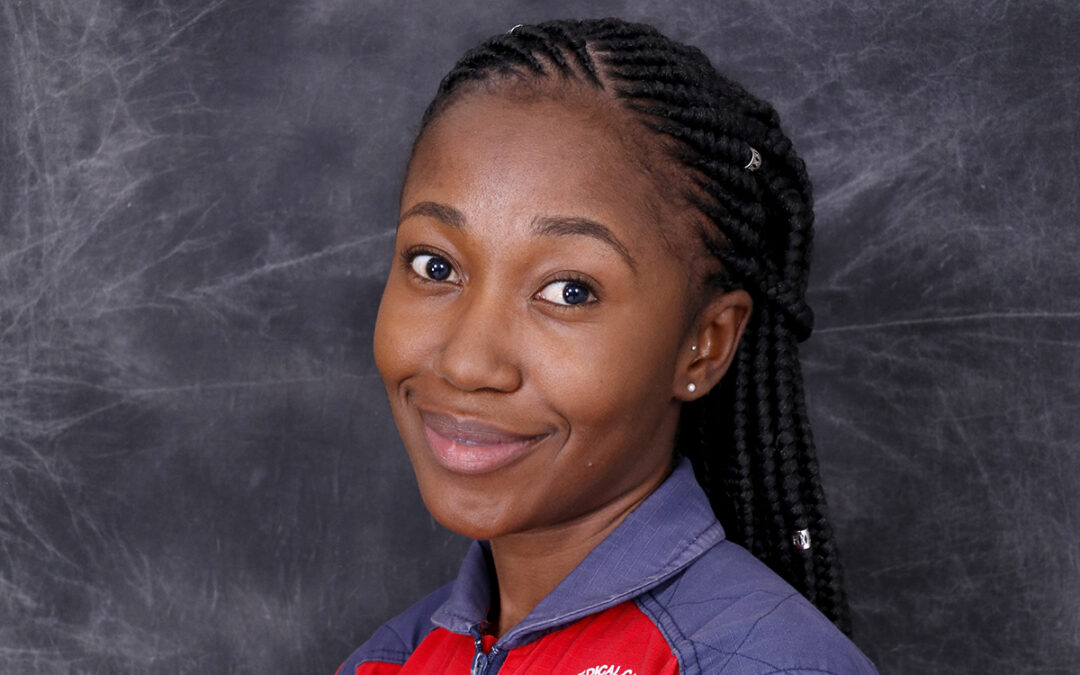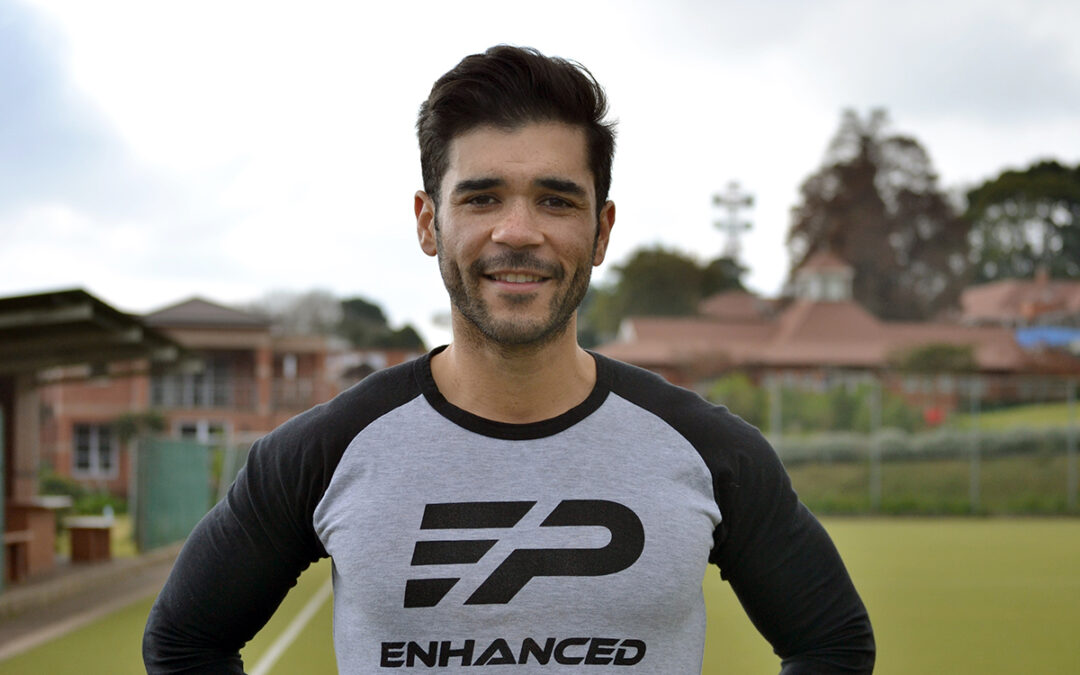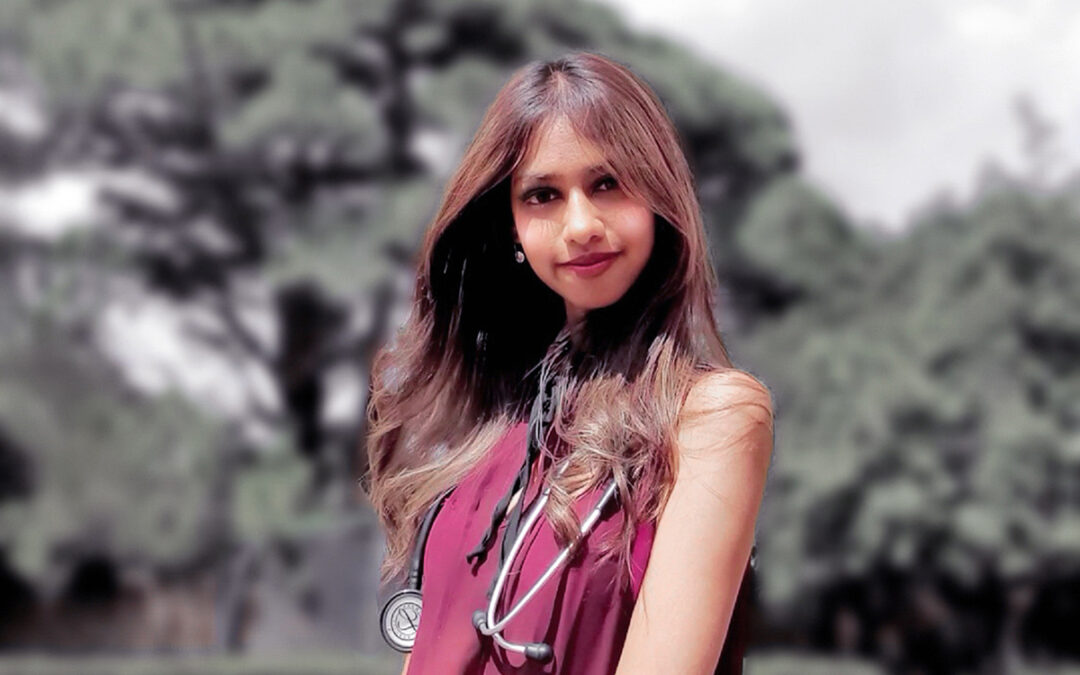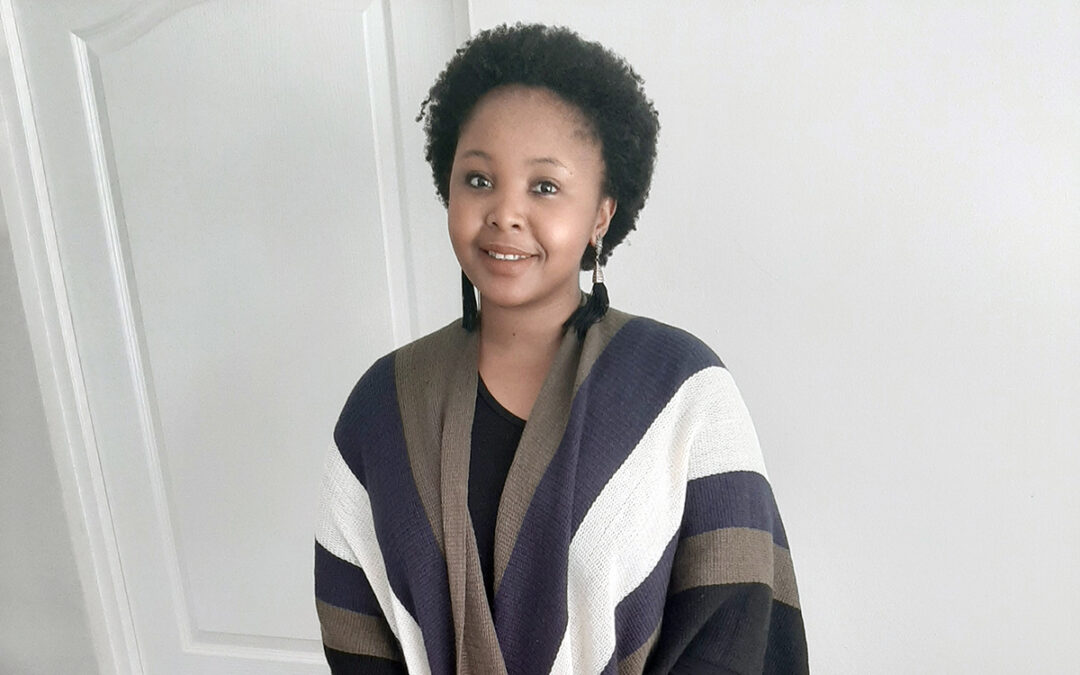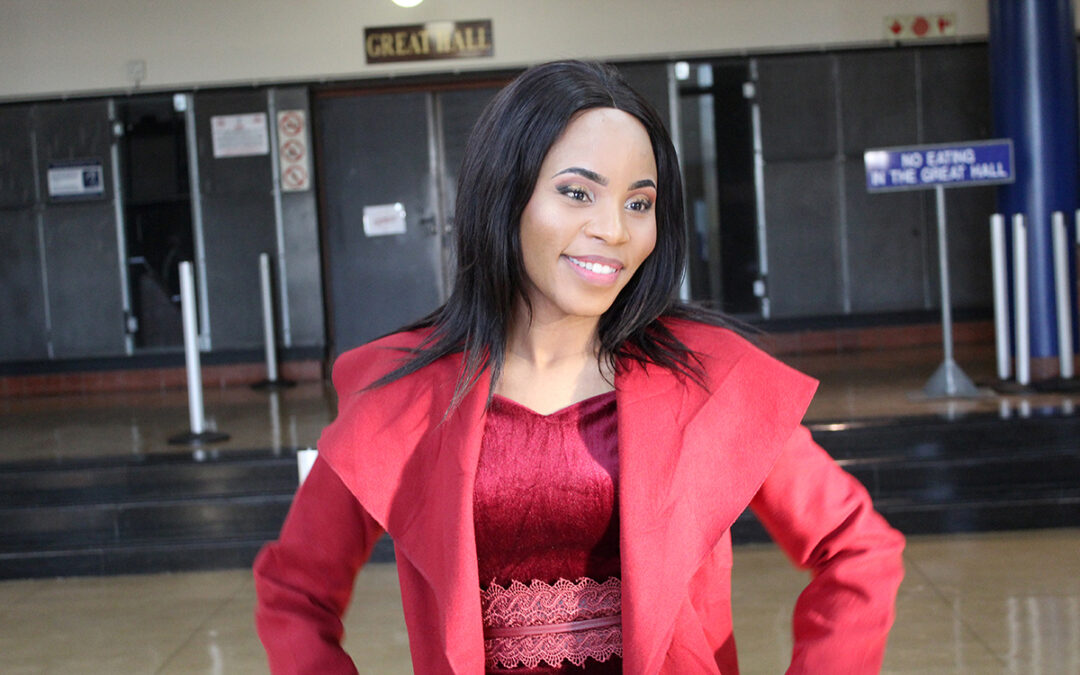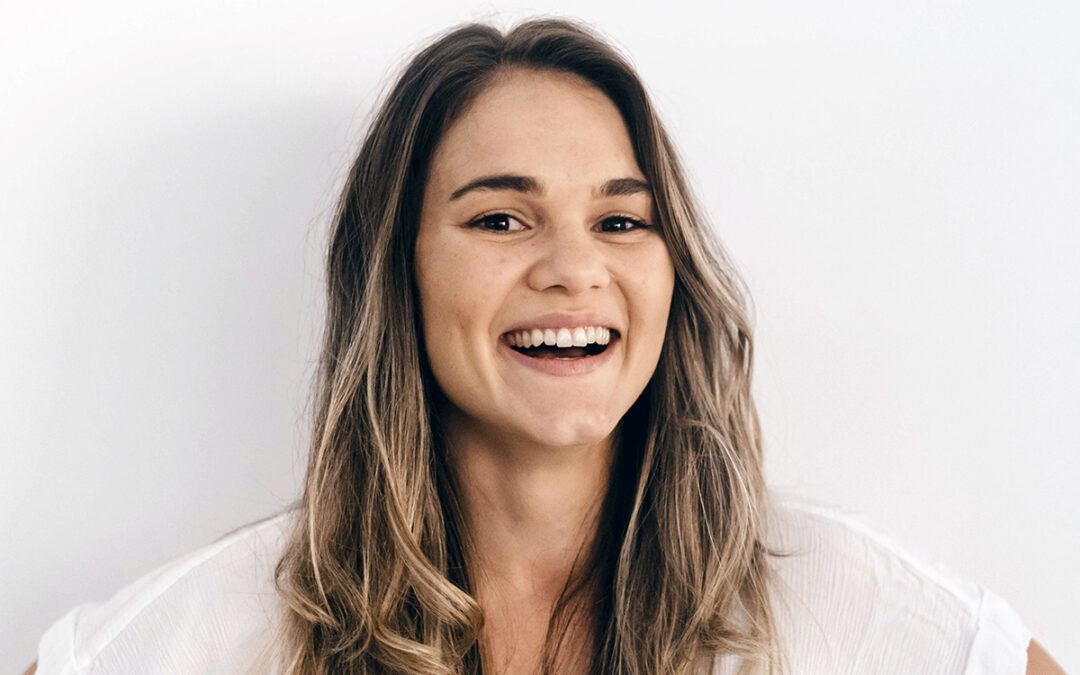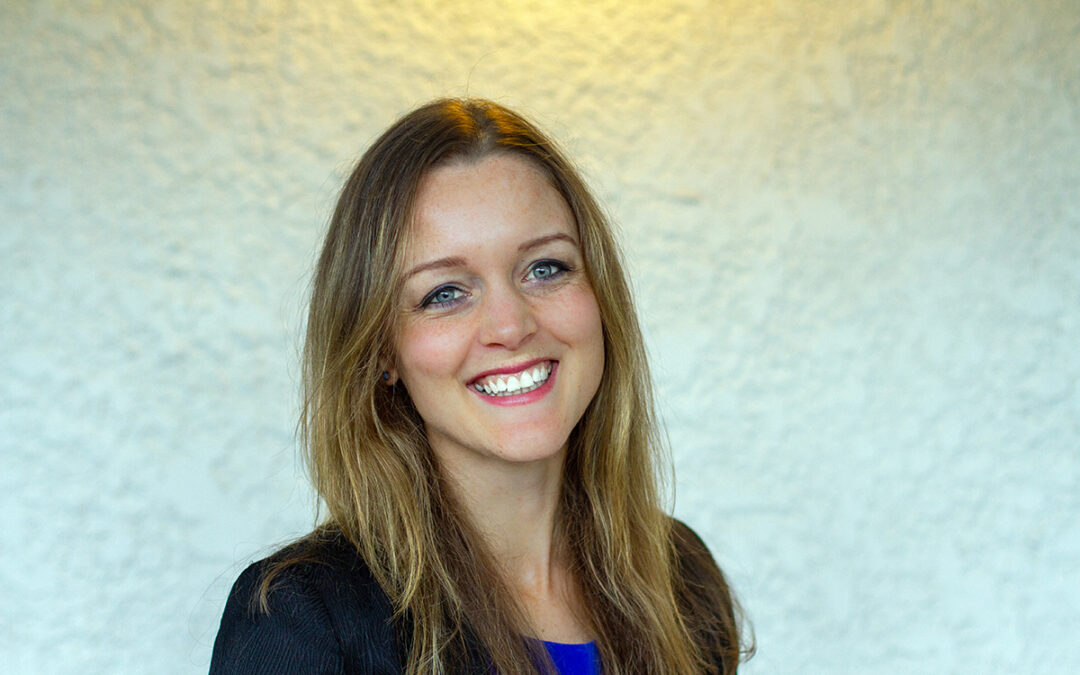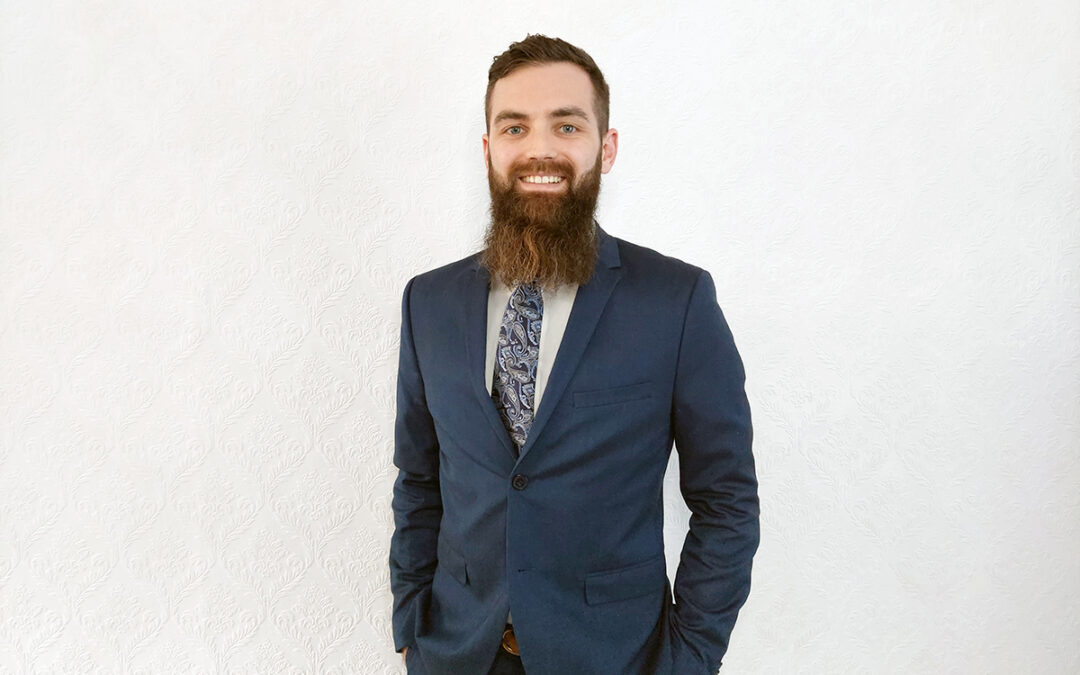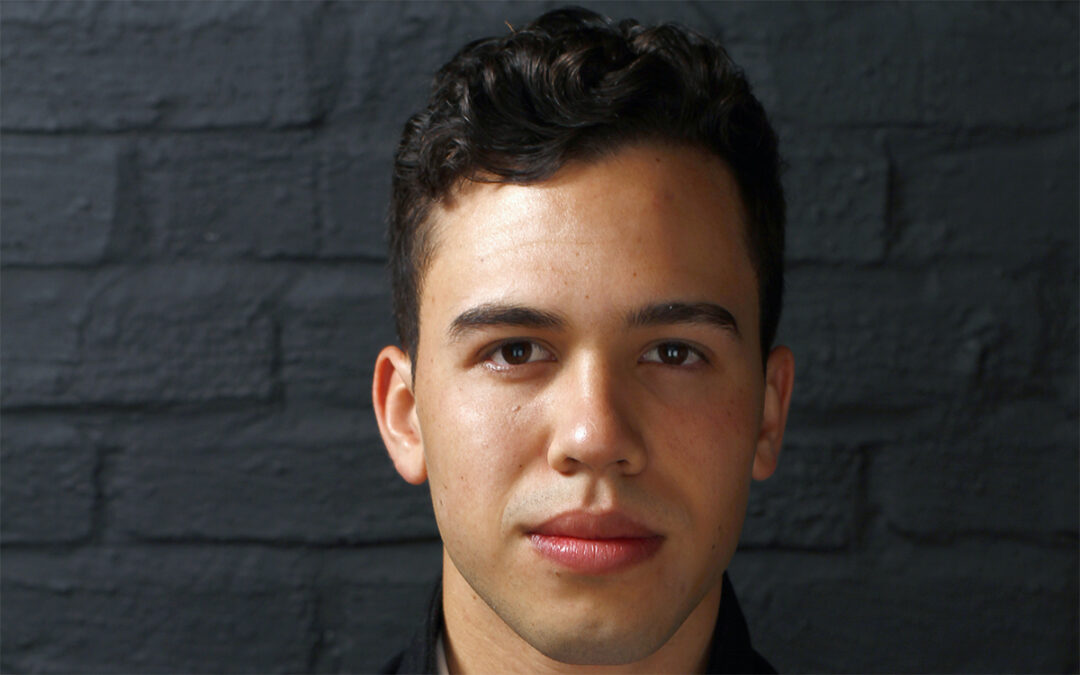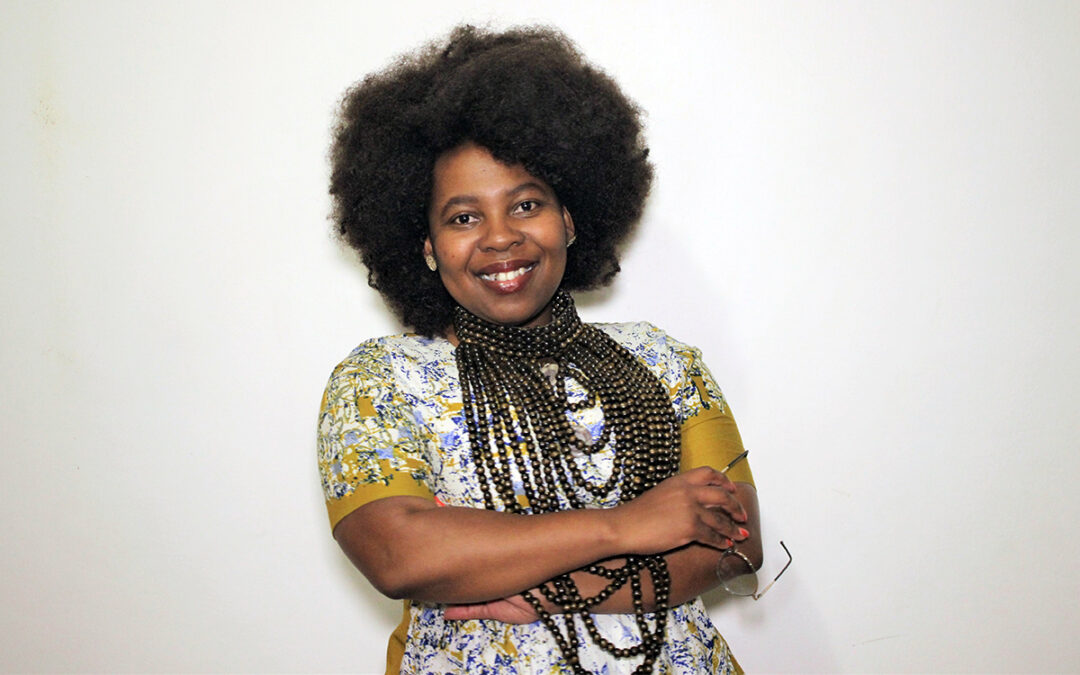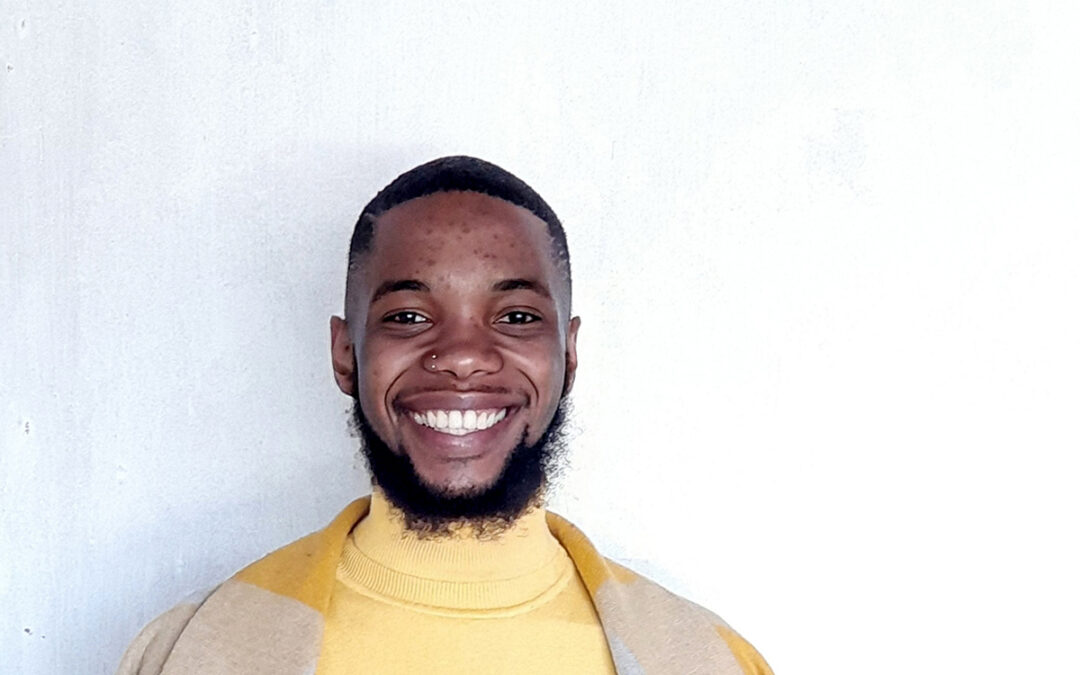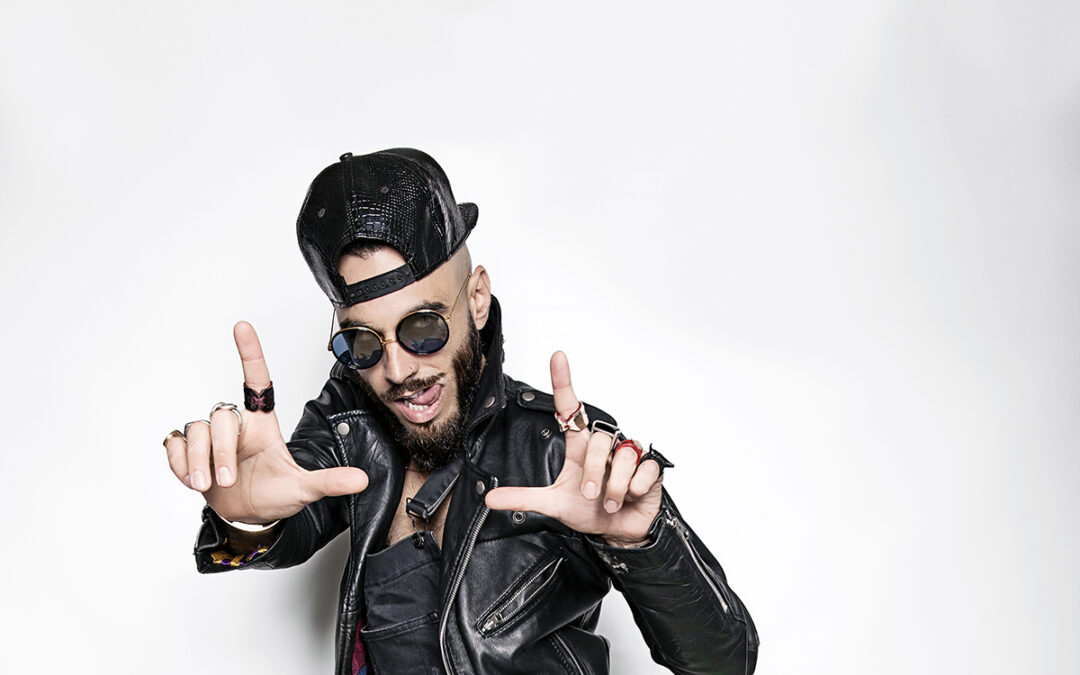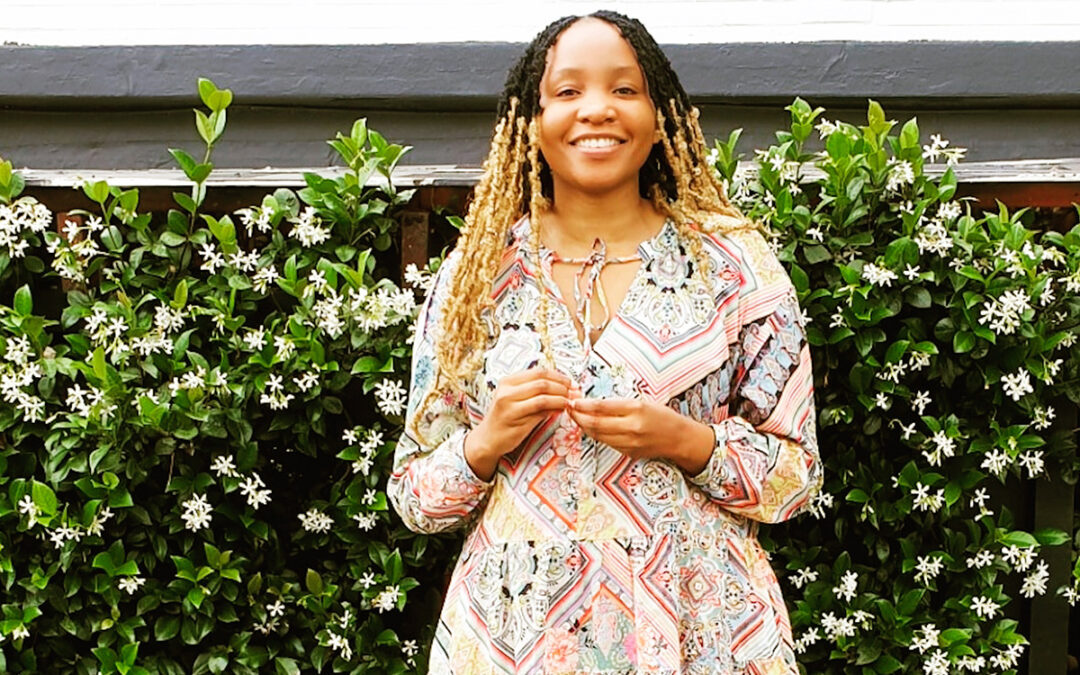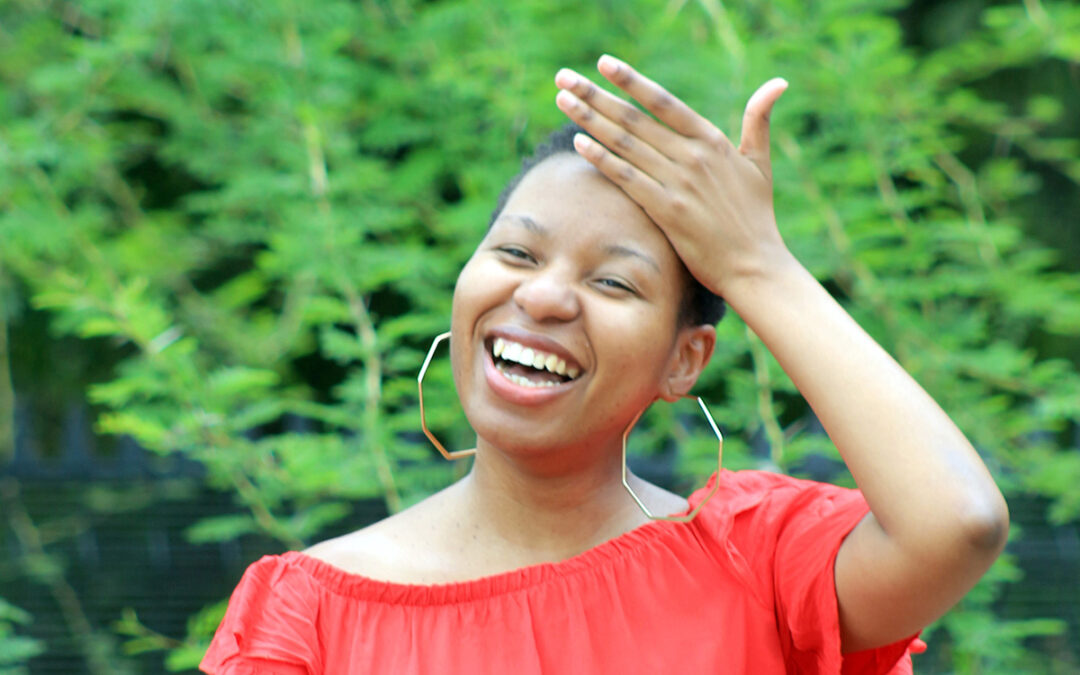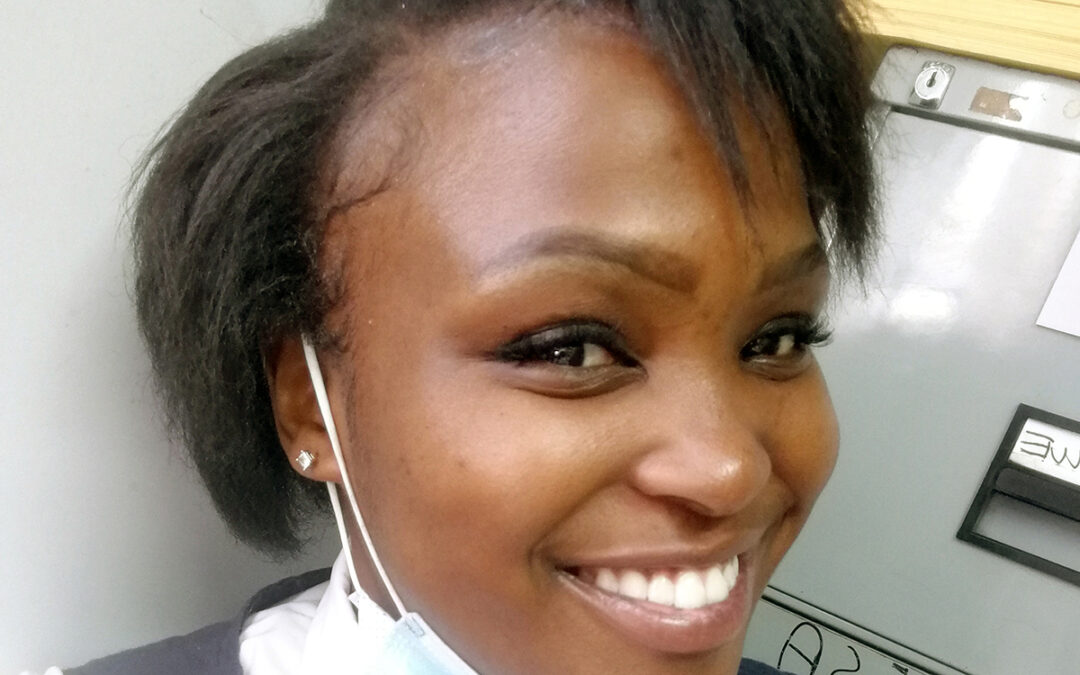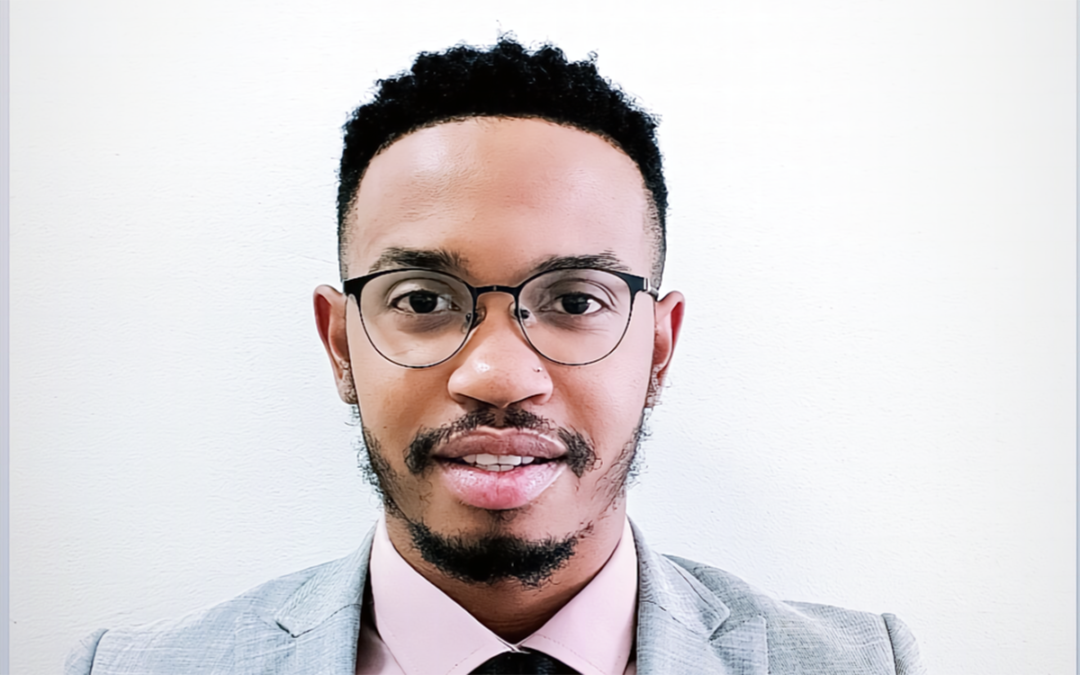Changing the status quo of healthcare in Africa requires the efforts of people such as Raikane Seretlo — a clinical applications specialist for Philips, whose work entails leading obstetrics projects at hospitals and conducting training on medical software and equipment. He’s also a lecturer and research assistant at the University of Pretoria, where he teaches community healthcare nursing and assists new master’s students with writing their research proposals. An advocate for the sexual and reproductive health of the most vulnerable in our population, such as the LGBTIQ+ community, prisoners, sex workers, and survivors of gender-based violence and rape, he’s also busy with his dissertation for a master’s degree, and plans to commence a PhD immediately after that. Seretlo hopes that the people looking up to him see that anything is possible as long as you keep your eyes on the crown.
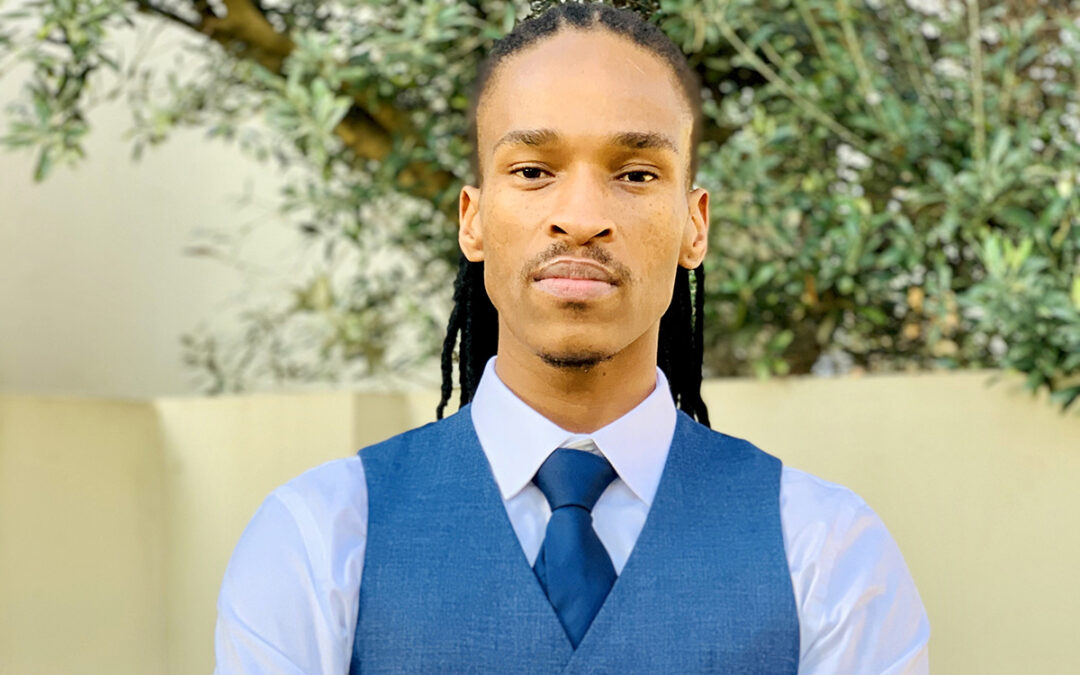
Zolani Metu, 28
Zolani Metu is the founder and director of Decolonial Mental Health (DMH). Established after Metu completed his master’s in social work at the University of Cape Town, DMH provides Afro-inspired solutions to psychosocial challenges in South Africa. Metu distinguishes DMH by offering counselling that’s queer-friendly and relatable. “To date, we have served over 1 000 clients through one of South Africa’s major insurance companies,” he says. His proudest moment came two years ago, when he presented the DMH model of mental health consultancy at the World Congress on Public Health, Epidemiology and Nutrition, and at the Africa Forum at Georgetown University. These opportunities were key for DMH’s development. Outside of his organisation, Metu also works as a senior manager for the Jakes Gerwel Fellowship, a university scholarship that provides mentoring and leadership development. “I help in the development of educational entrepreneurs, educational leaders and expert teachers,” he says.

